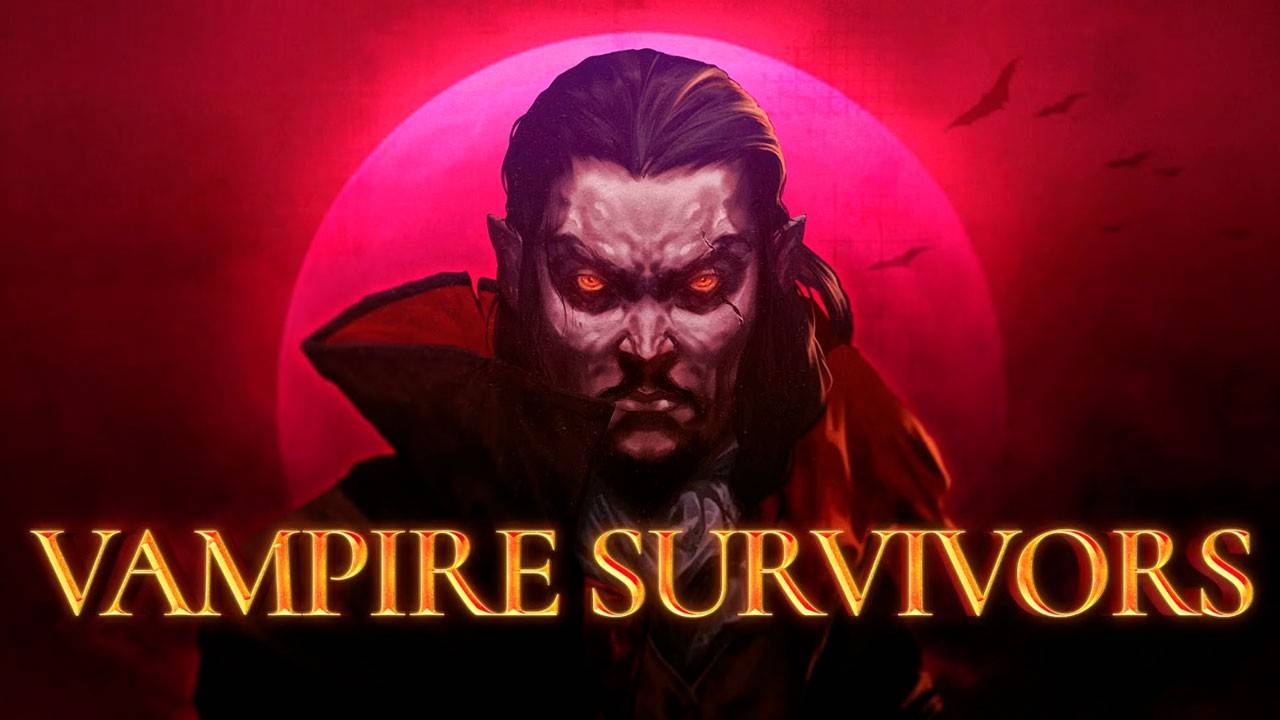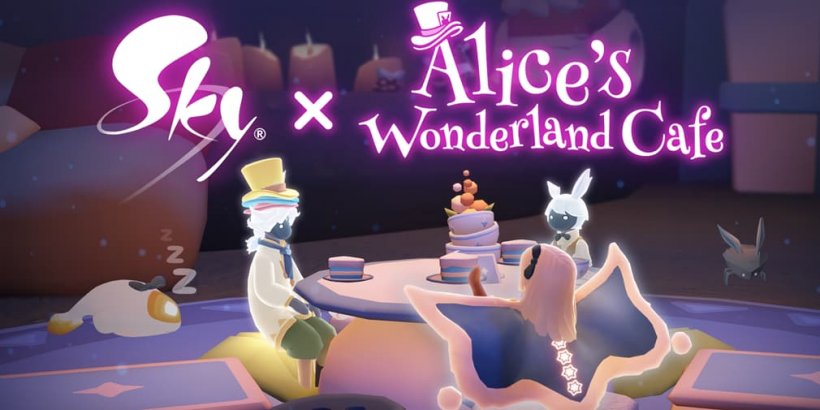Warner Brothers' decision to remove its entire catalog of original Looney Tunes shorts from HBO Max has left fans and animation enthusiasts reeling. These iconic shorts, which spanned from 1930 to 1969, are considered the cornerstone of the "golden age" of animation and were instrumental in building Warner Brothers' legacy.
According to Deadline, this move is part of a broader strategy to focus on adult and family programming, as children's shows do not generate significant viewership for the platform. This shift in focus appears to overlook the immense cultural significance of the Looney Tunes series. Notably, HBO also ended its deal with Sesame Street for new episodes at the end of 2024, despite the show's long-standing role in early childhood education since 1969. While some newer Looney Tunes spinoffs remain available on HBO Max, the essence of the franchise has been stripped away.
The timing of this decision is particularly curious, coinciding with the theatrical release of the new film, "The Day the Earth Blew Up: A Looney Tunes Story," on March 14. Originally commissioned by Max, the film was sold to Ketchup Entertainment following the Warner Brothers and Discovery merger. The modest marketing budget allocated by the smaller distributor resulted in the film earning just over $3 million during its opening weekend, despite being shown in over 2,800 theaters across the country.
The recent controversy surrounding the shelved Looney Tunes film "Coyote Vs. Acme" might have fueled greater interest in "The Day the Earth Blew Up" had audiences been more aware of its release. Last year, Warner Brothers Discovery opted not to release "Coyote Vs. Acme," citing distribution costs despite the film being fully completed. This decision sparked widespread criticism from the artistic community and animation fans. In February, actor Will Forte described the decision as "f—king bulls—t," expressing frustration and anger over the choice to withhold the film from the public.
This series of events underscores a troubling trend for Warner Brothers and raises concerns about the future availability and appreciation of culturally significant content.















